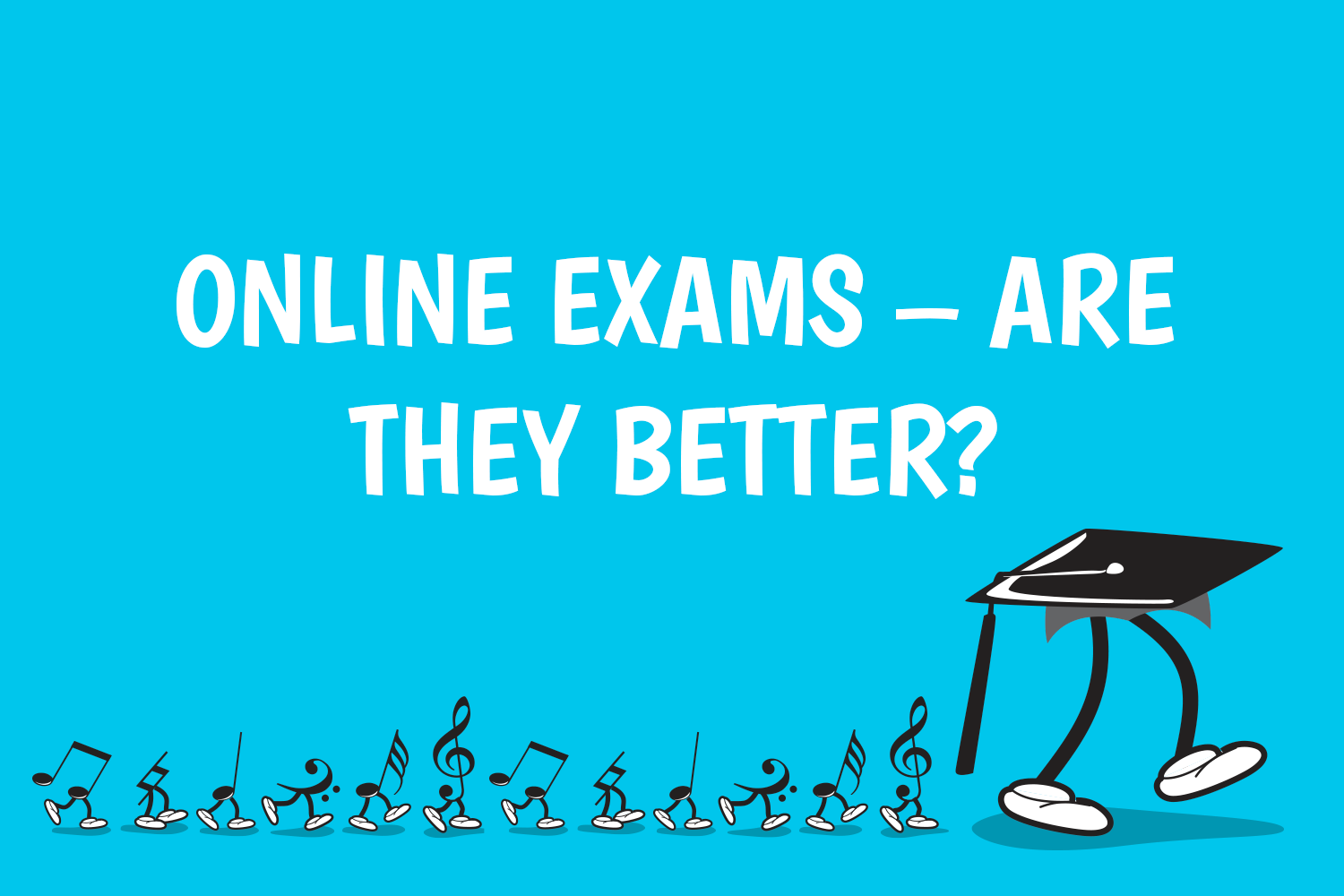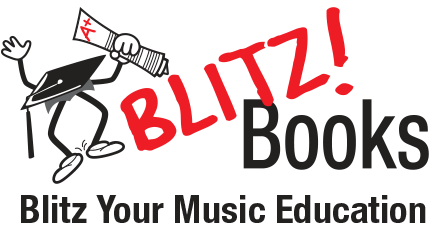Online Exams – Are They Better?

My daughter’s class at Australian Music Schools is studying towards a Grade 3 Theory exam in May this year. The class have always sat their Theory exams together, enjoying the experience they had in Grades 1 and 2 of sitting nervously outside the exam centre and finally being called in, and ‘debriefing’ together afterwards before returning (or in some cases not, if they could convince Mum and Dad ![]() ) to school. It has always been a bonding experience for them, including the long wait for the results.
) to school. It has always been a bonding experience for them, including the long wait for the results.
Last month when the entries were due and the examination date was discussed, some students found that they had clashes with school camps and other important things.
Their teacher, Michelle Madder (my co-author of the Sight Reading Books) then decided to give them the option of enrolling for the online exam instead. Michelle explained to them that although both the cost and the content of the exam are exactly the same, a fair amount time would have to be spent familiarising themselves with the online format (in addition to all the time spent learning and revising the theory concepts in class). Michelle also reiterated that although the online exam could be taken at any time, she wanted them all to do it on around the same date as the actual written exam. The class would then move on together to Grade 4 concepts.
An interesting thing happened. Despite the fact that a) the online exam could be done at home at any time and b) there was no 6-8 week wait for the results, all but one student chose NOT to do the online version. They preferred to re-arrange any potential clashes and do the exam ‘in real life’, as my daughter puts it! She even commented that she felt her results would not be ‘proper’ results if she did it online.
This raises the question: are students missing out on a valuable face-to-face experience by doing their exams online? Although the online exams are supremely convenient, to both student and parent, perhaps it really is important to go through the nervousness associated with being in a strange room with strange people and still trying to perform at your best.
Then there is the issue of what may become a lost art: actually writing music on manuscript paper, rather than dragging and dropping symbols on a screen. This is where the 21st century is taking us, but is it a bad thing? Just as we don’t write with quills on parchment anymore, perhaps this is just another step in the evolution of how we document things. Does it really matter if a student can’t draw a treble clef or write a scale neatly? My gut feeling is a resounding YES! it does matter! But when I look at it from an evolutionary point of view, and I see that it’s just as easy to compose and create and understand music without having to painstakingly draw it… well now I’m not so sure, the jury is most certainly out for me on that one.
